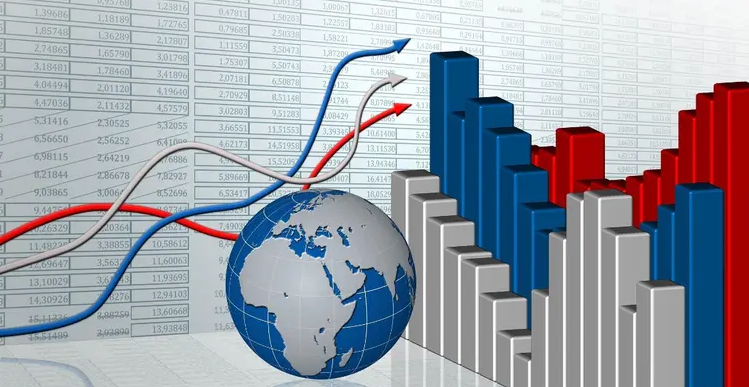Chinese Economy Faces Deflation Risks and Sustained Capital Outflow, Challenging Global Recovery Confidence
During the fourth quarter of 2023, Chinese economic data showed Consumer Price Index (CPI) stagnation, with some months recording year-on-year declines, fueling market concerns that the Chinese economy was slipping into deflation.
CHINA,ECONOMY
Global N Press
12/27/20231 min read


The fourth quarter of 2023 saw data from China's National Bureau of Statistics closely monitored by global financial markets and foreign-invested enterprises.
During the fourth quarter of 2023, Chinese economic data showed Consumer Price Index (CPI) stagnation, with some months recording year-on-year declines, fueling market concerns that the Chinese economy was slipping into deflation. Concurrently, due to escalating geopolitical risks and domestic economic uncertainty, Foreign Direct Investment (FDI) registered its first net outflow in many years, and capital markets faced pressure. The Chinese government implemented a series of stimulus measures, including reserve requirement ratio cuts and sovereign bond issuance, to counteract sluggish demand and persistent weakness in the property sector.
The economic challenges faced by China were not just internal issues but also affected global expectations for the engine of world economic growth. From a conservative perspective, the outflow of foreign capital indicated growing international concern over China's "policy risk" and "market uncertainty," suggesting that the G7's "de-risking" strategy was beginning to manifest in capital flows. China's deflationary pressure also exerted downward force globally, impacting inflation expectations and monetary policy decisions in major developed economies, underscoring the world's vulnerability to Chinese economic volatility.




